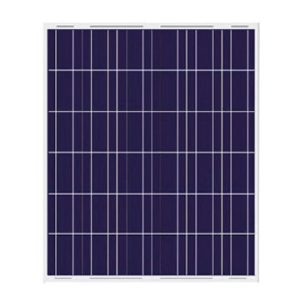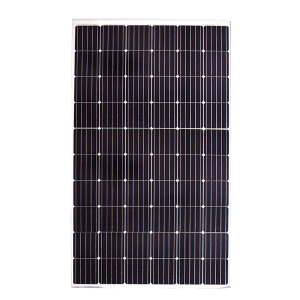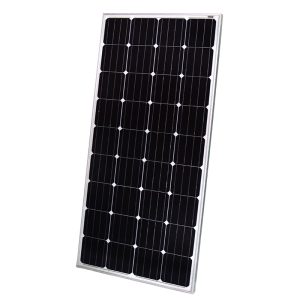Solar Exporters is a professional solar module manufacturer with over 12 years of experience in production and quality control since 2010. As an industry leader, we want to provide detailed information on 300-watt solar panels, including their amperage output.
What is a 300-watt solar panel?
A 300-watt solar panel is designed to produce 300 watts of power under ideal sunlight conditions. This means that when sunlight hits the solar cells within the panel at a 90-degree angle on a sunny day, 300 watts of DC electricity can be produced per hour.
300-watt solar panels typically have 60 solar cells connected together and measure approximately 65 x 39 inches in size. They can generate a maximum power current of over 9 amps when operating at full capacity.
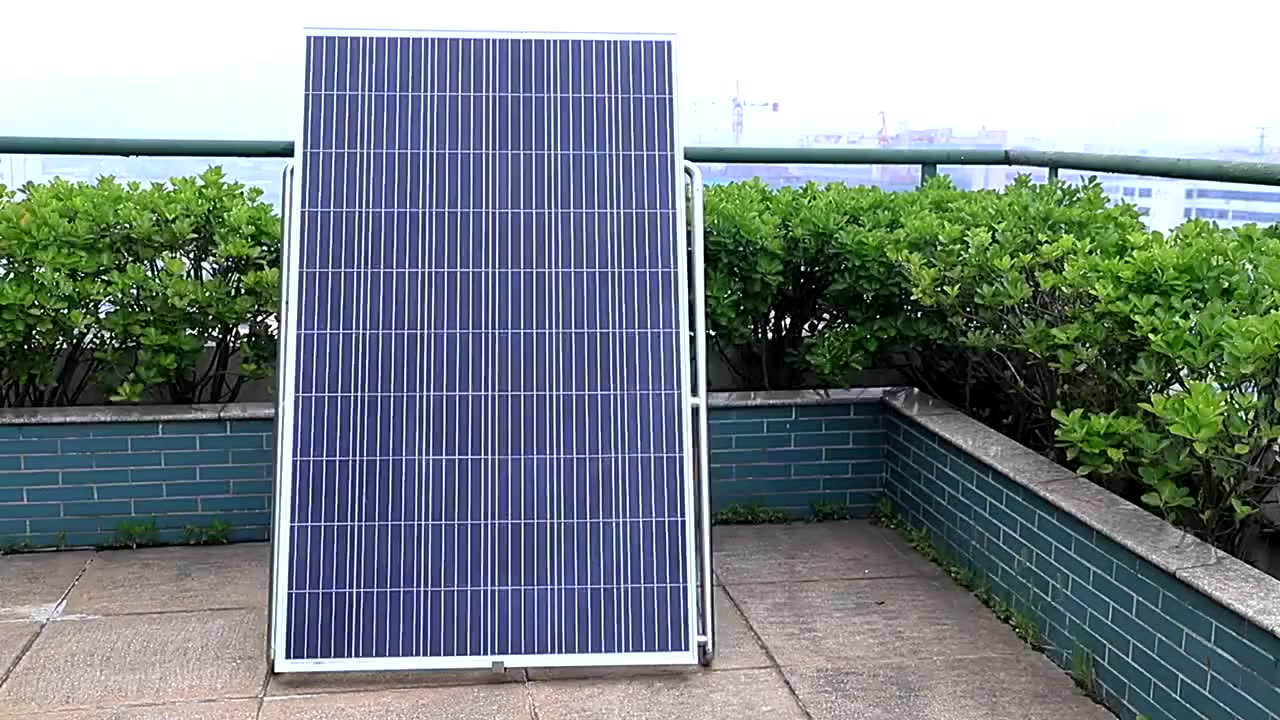
300-watt panels provide a good balance of power production versus cost and are commonly used in grid-tied or off-grid solar electric systems for homes, RVs, boats, and more. Their moderate size also makes them easier to install compared to larger-capacity panels.
Calculating Amperage of a 300 Watt Solar Panel
To determine the amperage capacity of a 300-watt solar panel, you need to divide the wattage by the voltage rating:
Amps = Watts / Volts
Most 300-watt solar panels designed for home use have a nominal voltage of around 36 volts. So for a 300-watt, 36-volt solar panel, the amperage rating would be:
Amps = 300 Watts / 36 Volts = 8.33 Amps
So in ideal conditions with full sunlight exposure, a standard 300-watt, 36-volt solar panel can produce 8.33 amps of current.
The amperage output will vary throughout the day and over the year as sunlight intensity changes. More details on real-world solar panel output are provided in the next sections.
Typical Output for 300W Solar Panels
While the wattage rating of a solar panel provides its maximum power capacity, real-world output will be lower on average depending on environmental factors.
On a daily basis, a 300-watt solar panel in a fixed-tilt installation will typically produce:
- 1.4–1.9 kWh per day in the summer
- 0.6–1.2 kWh per day in the winter
This lower kWh output takes into account reductions from the angle of sunlight, cloud cover, temperature, and other variables.
Over the course of a year, an optimally installed 300-watt solar panel generally yields 500–800 kWh, with the higher end in sunnier climates and the lower end in cloudier regions.
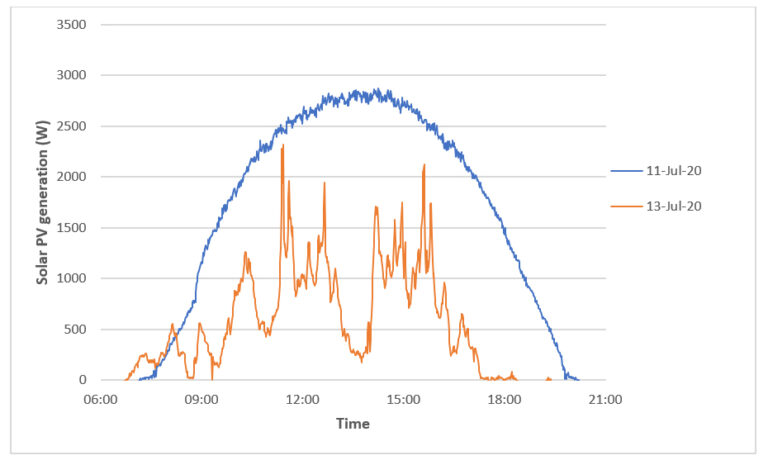
Typical solar panel output over the course of a day
These kilowatt-hour estimates can help determine how much energy a 300-watt solar panel system will realistically provide based on your geographical location and average sun exposure.
Why Solar Panel Amperage Varies
As noted earlier, a 300-watt solar panel’s current output in amps varies continuously throughout the day in proportion to how much sunlight is hitting the panel. Here are some of the factors that impact amperage:
Sun Intensity: The brighter and more direct the sunlight, the higher the solar panel amperage. Overcast days lead to lower amperage.
Temperature: Solar panels become less efficient as temperatures rise. Cooler panels can produce more current.
Tilt Angle: The angle at which sunlight hits the solar cells impacts efficiency and amperage.
Shading: Even minor shading from trees, poles, or buildings will lower output amps.
Dirt: A dirty solar panel with debris blocks sunlight reception, reducing current.
Wear: Over many years, solar panel amperage gradually decreases as materials slowly degrade.
By keeping these variables in mind, you can maximize solar panel amperage to harness the most free sunlight energy possible. Proper solar panel maintenance is also crucial.
Pairing 300W Panels into Solar Systems
For most residential and commercial projects, 300-watt solar panels are wired together into solar array systems to generate sufficient electricity.
For example, fifteen 300-watt panels linked together will form a 4,500-watt solar array. This modular approach provides flexibility to build solar systems of various sizes matched to your energy usage needs.
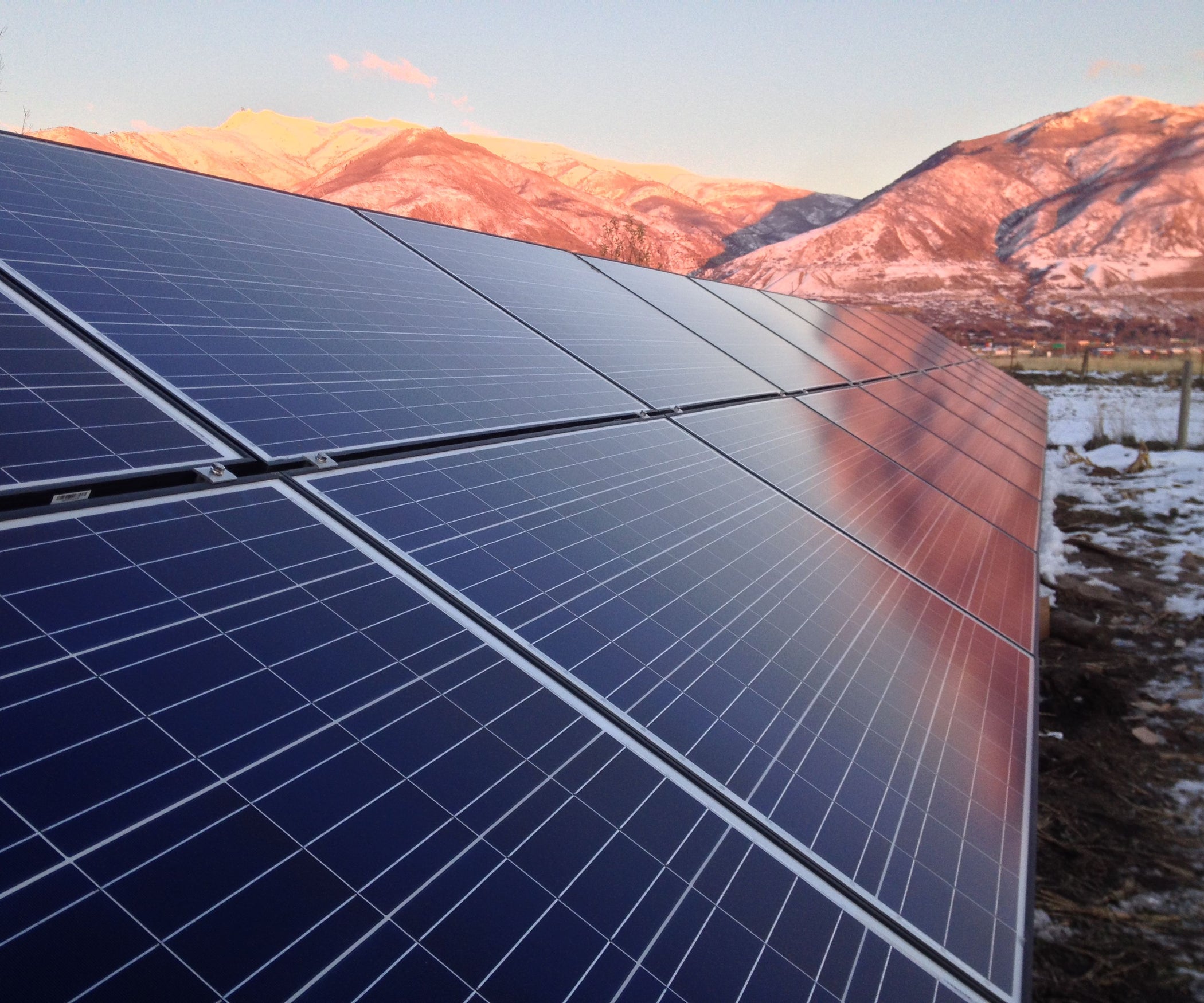
Solar panels connected together into rooftop arrays
When connecting multiple 300-watt panels, the total wattage adds up, but the amperage stays the same. So fifteen 300-watt, 8.33-amp panels linked together still produce just 8.33 amps, but now at a system voltage of 540 volts (36 V x 15 panels).
This allows larger solar arrays to output more total power at higher voltages while keeping current practical to manage.
Why Choose Solar Exporters for 300W Solar Panels?
Solar Exporters manufactures high-quality mono and polycrystalline 300-watt solar panels at affordable prices for both small and large solar electric systems.
Our 300W solar panels offer:
- Top-tier solar cell efficiency up to 21% conversion rate
- Durable aluminum frame and weatherproof backing for long-term reliability
- Positive power tolerance up to +3% above rated wattage
- Extensive quality control testing and international certifications
- Custom sizing is available for specialized projects
- Wholesale discounted pricing is available
- Fast manufacturing and shipping from our China factory
Contact us today for competitive 300W solar panel pricing to power your home, business, or custom solar power system!

